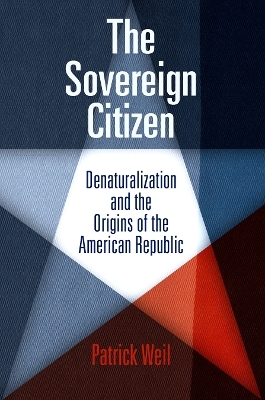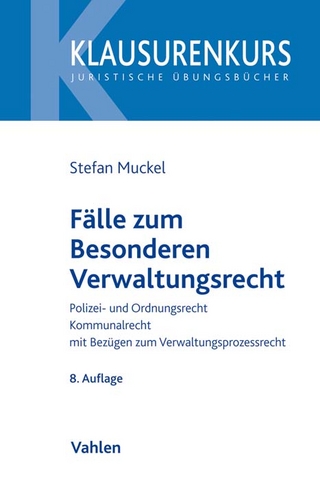
The Sovereign Citizen
University of Pennsylvania Press (Verlag)
978-0-8122-2212-8 (ISBN)
Present-day Americans feel secure in their citizenship: they are free to speak up for any cause, oppose their government, marry a person of any background, and live where they choose—at home or abroad. Denaturalization and denationalization are more often associated with twentieth-century authoritarian regimes. But there was a time when American-born and naturalized foreign-born individuals in the United States could be deprived of their citizenship and its associated rights. Patrick Weil examines the twentieth-century legal procedures, causes, and enforcement of denaturalization to illuminate an important but neglected dimension of Americans' understanding of sovereignty and federal authority: a citizen is defined, in part, by the parameters that could be used to revoke that same citizenship.
The Sovereign Citizen begins with the Naturalization Act of 1906, which was intended to prevent realization of citizenship through fraudulent or illegal means. Denaturalization—a process provided for by one clause of the act—became the main instrument for the transfer of naturalization authority from states and local courts to the federal government. Alongside the federalization of naturalization, a conditionality of citizenship emerged: for the first half of the twentieth century, naturalized individuals could be stripped of their citizenship not only for fraud but also for affiliations with activities or organizations that were perceived as un-American. (Emma Goldman's case was the first and perhaps best-known denaturalization on political grounds, in 1909.) By midcentury the Supreme Court was fiercely debating cases and challenged the constitutionality of denaturalization and denationalization. This internal battle lasted almost thirty years. The Warren Court's eventual decision to uphold the sovereignty of the citizen—not the state—secures our national order to this day. Weil's account of this transformation, and the political battles fought by its advocates and critics, reshapes our understanding of American citizenship.
Patrick Weil is Senior Research Fellow at the French National Center for Scientific Research (CNRS) and Professor at the Paris School of Economics. He is author of numerous books, including How to Be French: Nationality in the Making Since 1789.
Introduction 1
PART I. The Federalization of Naturalization
Chapter 1. Denaturalization, the Main Instrument of Federal Power
Chapter 2. The Installment of the Bureau of Naturalization, 1909-1926
Chapter 3. The Victory of the Federalization of Naturalization, 1926−1940
PART II. A Conditional Citizenship
Chapter 4. The First Political Denaturalization: Emma Goldman
Chapter 5. Radicals and Asians
Chapter 6. In the Largest Numbers: The Penalty of Living Abroad
Chapter 7. The Proactive Denaturalization Program During World War II
PART III. War in the Supreme Court
Chapter 8.Schneiderman: A Republican Leader Defends a Communist
Chapter 9. Baumgartner: The Program Ends, but Denaturalizationn Continues
Chapter 10. A Frozen Interlude in the Cold War
Chapter 11. Nishikawa, Perez, Trop: "The Most Important Constitutional Pronouncements of This Century"
Chapter 12. American Citizenship Is Secured: "May Perez Rest in Peace!"
Conclusion
Appendix 1. Emma Goldman, "A Woman Without a Country"
From Mother Earth (1909)
From Free Vistas (1933)
Appendix 2. Chiefs of the Naturalization Bureau and Evolution of Departmental Responsibilities
Appendix 3. Naturalization Cancellations in the United States, 1907−1973
Appendix 4. Americans Expatriated, by Grounds and Year, 1945−1977
Appendix 5. Supreme Court and Other Important Court Decisions Related to Denaturalization and Nonvoluntary Expatriation from Schneiderman and Participating Supreme Court Justices
Notes
Archival Sources and Interviews
Index
Acknowledgments
| Reihe/Serie | Democracy, Citizenship, and Constitutionalism |
|---|---|
| Verlagsort | Pennsylvania |
| Sprache | englisch |
| Maße | 152 x 229 mm |
| Themenwelt | Recht / Steuern ► EU / Internationales Recht |
| Recht / Steuern ► Öffentliches Recht ► Besonderes Verwaltungsrecht | |
| ISBN-10 | 0-8122-2212-1 / 0812222121 |
| ISBN-13 | 978-0-8122-2212-8 / 9780812222128 |
| Zustand | Neuware |
| Haben Sie eine Frage zum Produkt? |
aus dem Bereich


